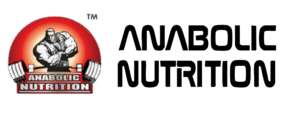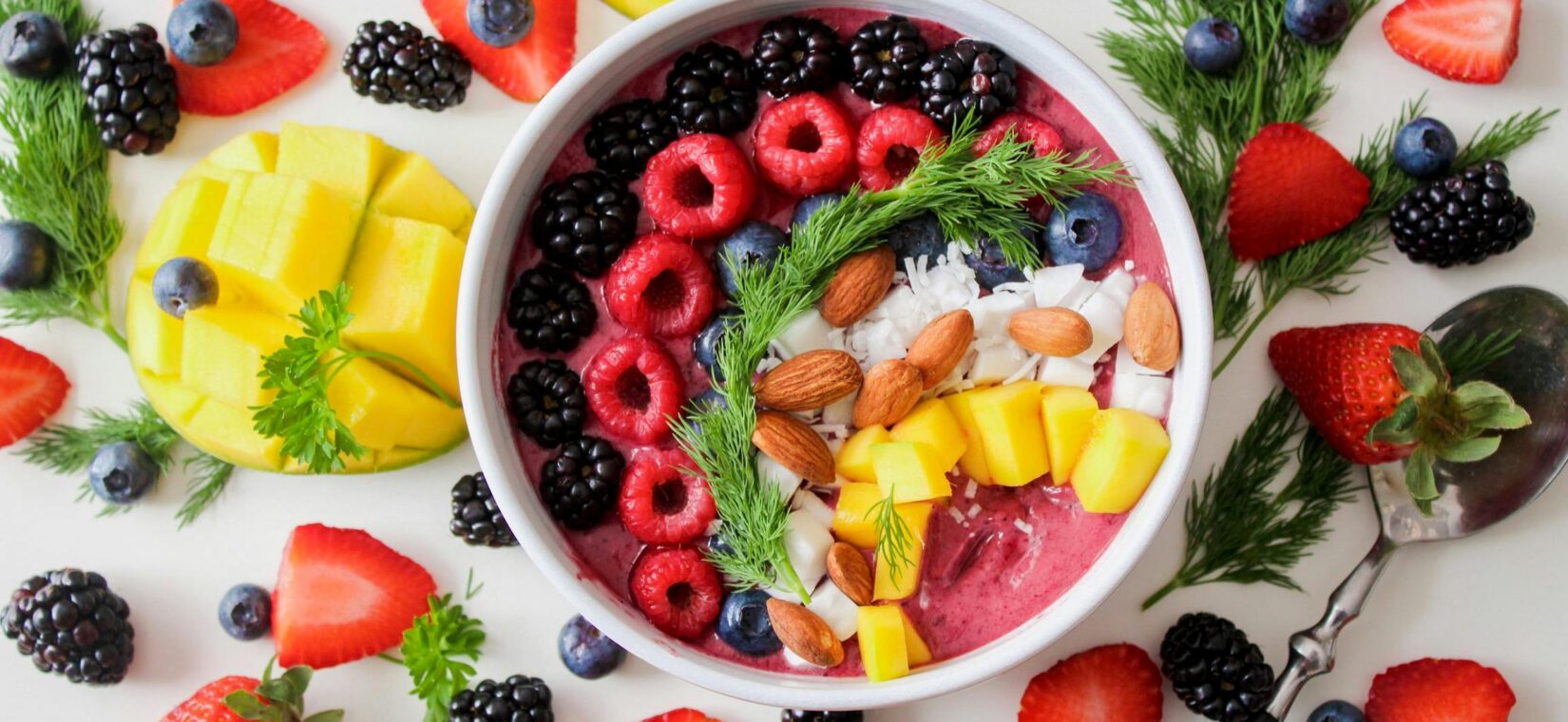Superfoods — nutrient-rich foods like spirulina, chia seeds, and blueberries have become a buzzword in the health and wellness world. But with busy lifestyles, not everyone has the time to prepare these foods daily. This has led to a growing market for superfoods in supplement form powders, capsules, and tablets promising the same benefits in a convenient package.
But the question remains: Are superfood supplements really worth it? Let’s dive into the science, pros, and cons.
What Are Superfood Supplements?
Superfood supplements are concentrated extracts of nutrient-dense foods, often freeze-dried or powdered to retain as many nutrients as possible.
They can include:
Green superfoods: Spirulina, chlorella, wheatgrass, barley grass
Berry extracts: Acai, blueberry, goji berry
Seeds & roots: Moringa, maca, turmeric, flaxseed
Blends: Multi-superfood powders combining greens, fruits, probiotics, and enzymes
These supplements aim to deliver vitamins, minerals, antioxidants, and phytonutrients in an easy-to-take form.
Potential Benefits of Superfood Supplements
Nutrient Boost:
Great for people with diets low in fruits and vegetables.
Antioxidant Power:
Many superfoods are rich in antioxidants, which combat oxidative stress and inflammation.
Convenience:
Easy to take when traveling, at work, or on busy days.
Long Shelf Life:
Unlike fresh produce, superfood supplements store well for months.

Limitations and Considerations
While they can be beneficial, superfood supplements aren’t a magic bullet.
Not a replacement for whole foods: Whole superfoods provide fiber, water content, and complex nutrient interactions that supplements can’t fully replicate.
Processing may reduce nutrients: Drying and processing can lower certain vitamin levels, like vitamin C.
Quality varies: Not all products contain the amount or quality of nutrients claimed on the label.
Cost: Premium superfood powders and capsules can be expensive.
Are They Worth It? What Science Says
Research suggests that some superfood supplements do offer measurable health benefits:
- Spirulina may help lower cholesterol and improve energy levels.
- Turmeric (curcumin) has anti-inflammatory properties backed by numerous studies.
- Acai berry shows promise for antioxidant capacity, though human studies are limited. However, most studies show supplements are most effective when paired with a balanced diet, rather than used as the sole source of nutrients.
- Check the ingredient list: Look for minimal additives and fillers.
- Opt for organic: Reduces exposure to pesticides.
- Choose reputable brands: Look for third-party testing and transparent sourcing.
- Match to your needs: If you want antioxidants, focus on berries; for protein and chlorophyll, choose spirulina or chlorella.
How to Choose a Good Superfood Supplement
Final Thoughts
Superfoods in supplement form can be a convenient and beneficial addition to your diet, especially if you struggle to eat enough nutrient-rich foods. However, they should complement, not replace, whole fruits, vegetables, and other healthy foods.
Think of them as a nutritional boost, not a shortcut the foundation of good health is still a balanced, varied diet.





3 Comments
This is exactly what i was looking for, thank you so much for these tutorials
It would be great to try this theme for my businesses
What a nice article. It keeps me reading more and more!